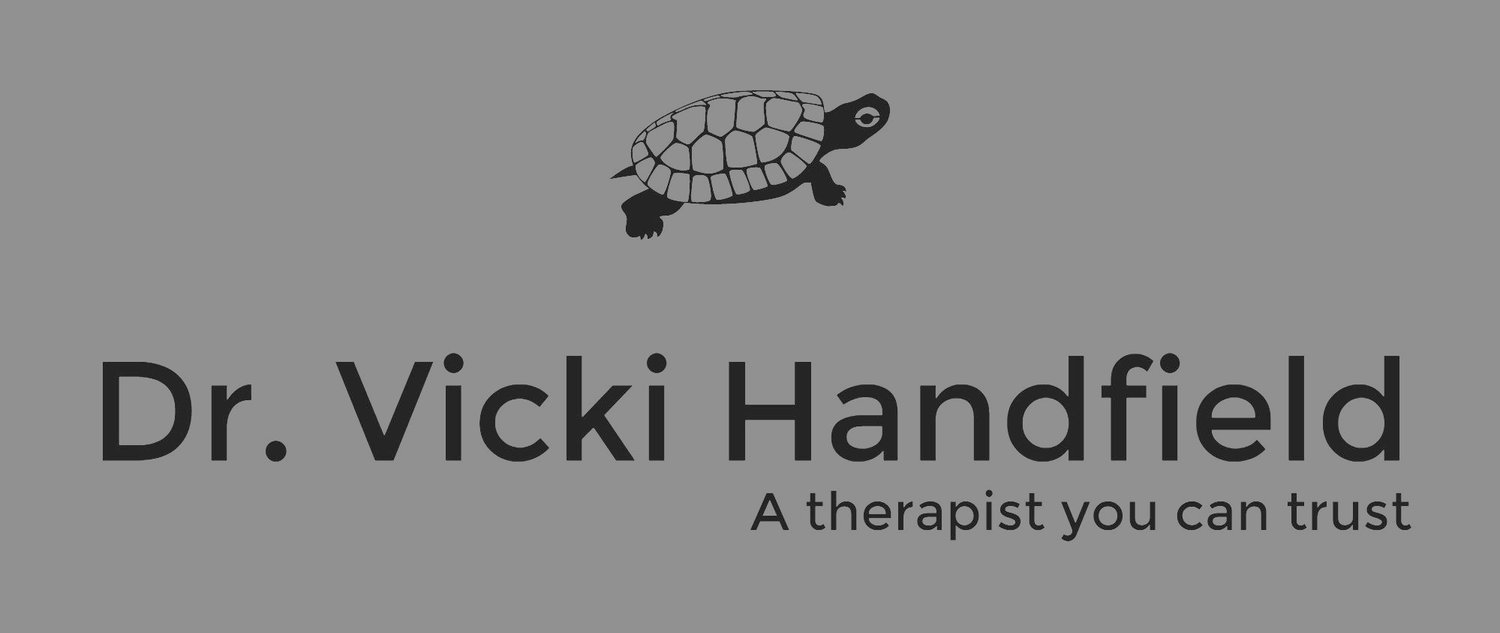I had a really bad sinus infection and reluctantly saw the need to seek medical care. I went to an urgent care facility, feeling pretty out of it. I was very aware that I had a minor medical problem, in the overall scheme of things. My ears were clogged up and my hearing was quite impaired. What I realized later was that not being able to hear well made me rely more on my sight and feeling for the situation, as I looked for ways to understand what was going on. Any time any of us has an impairment in one of our senses, or a part of the body, we gain great understanding of how significant that part of our body really is and how we tend to take all of these gifts for granted.
One of the things that became clearer from my experience was about the male and female roles that are very common in our current medical system, and in our society as a whole. What I noticed was that females were primarily office staff and nursing staff, while the physician was male. This is certainly not unusual, even though there are more male nurses now and more female physicians than in times past. I could see very clearly that the female staff were holding back, guarded, not very expressive, uncertain, with poor self-esteem. If they were encouraged more, supported more, were given different role models, they would be inclined to be more friendly, warmer, more supportive and more compassionate.
Women (and men) in health care and other fields have been trained in a system that values objectivity, a "clinical" attitude that is very emotionally detached. This has been a completely male-dominated system, with a long history of male authority. Physicians have been trained to turn off their emotions, to distance themselves from their patients, to treat the body primarily as if it was a machine, in order to be technically astute.
The traditional medical system is based on science of the past, the Newtonian model, seeing the body as a highly complex machine. A tremendous amount of scientific exploration has garnered amazing results, incredible information, treatments, surgical options, and medications. However, it has overlooked a great deal that is valuable in the realms of human contact and interaction, holistic treatment options and ancient wisdom. All of these tendencies have created a huge imbalance and many limitations in the male-female roles, which reflect the same issues int he larger society, but for the sake of this discussion mainly in the medical fields.
As women continue to recover their power in our society and in the medical arts, and as men rediscover their emotional lives and continue their growth in participating more fully in all relationships, this imbalance will be shifted in a very positive direction. Let's keep an eye on these important shifts and contribute to growth and positive change whenever we can!
